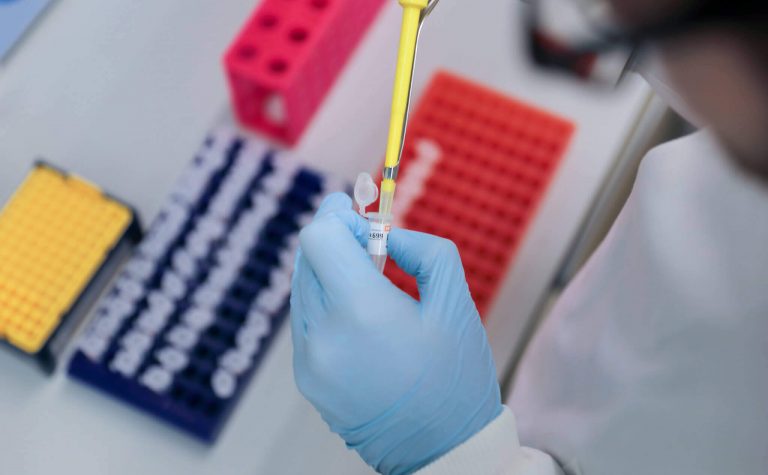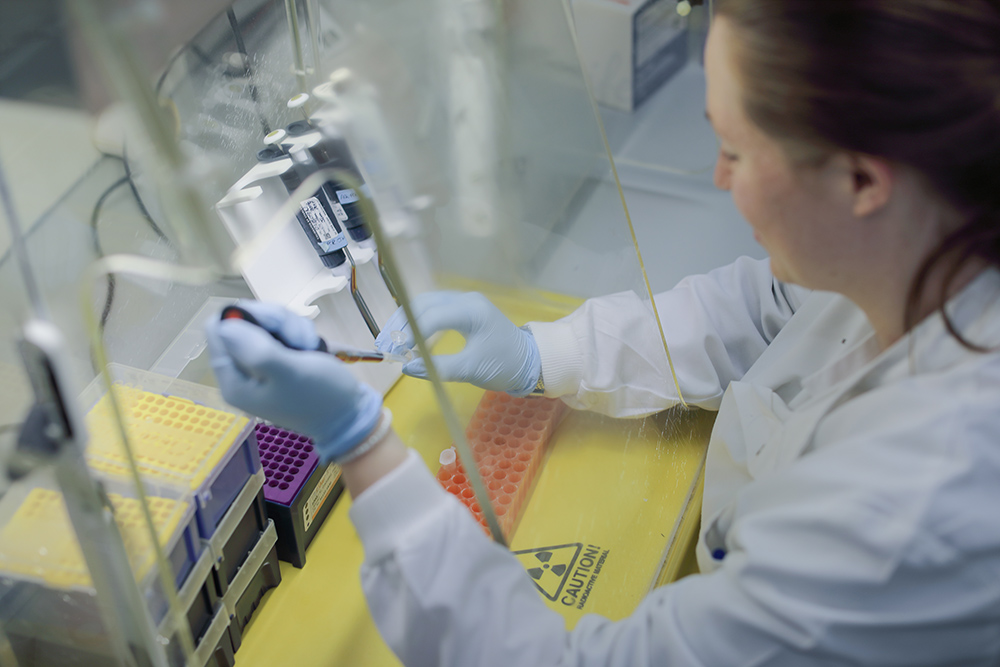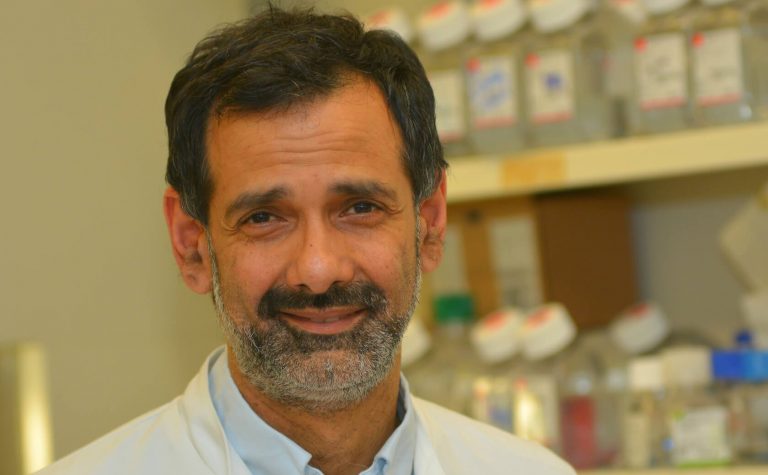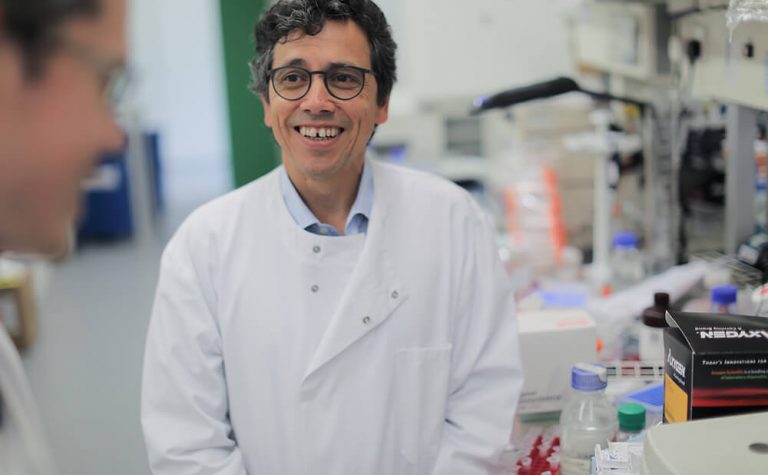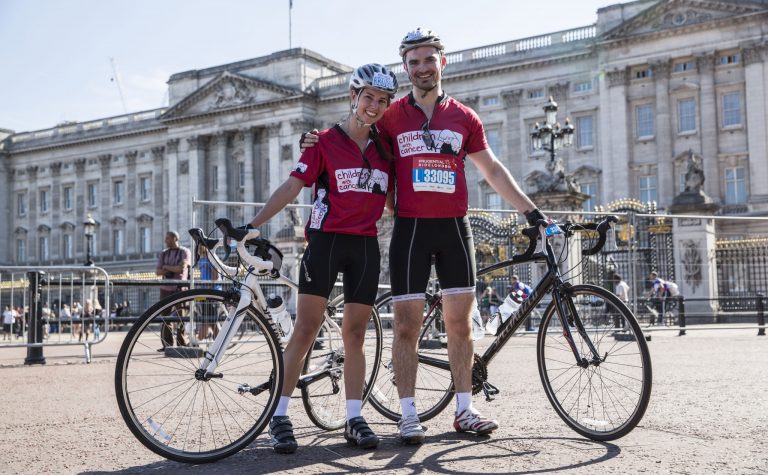This national clinical trial for children with the form of leukaemia known as acute lymphoblastic leukaemia (ALL) is building on the success of a previous trial. This pioneered a ground-breaking technique that placed children in treatment groups according to the levels of leukaemic cells. This new trial will help more children by monitoring the effect of changes to the treatment regime.
Our funding is supporting the latest in a series of clinical trials that aims to develop new ways of treating children living with the most common form of childhood leukaemia.
